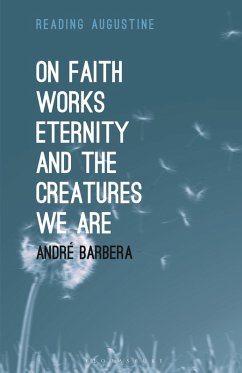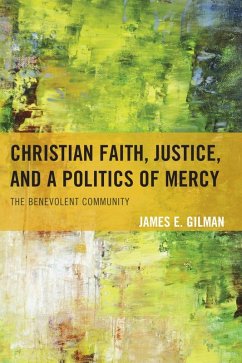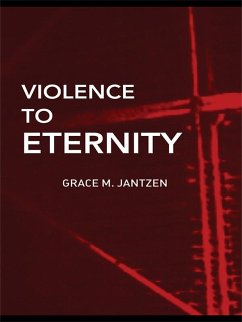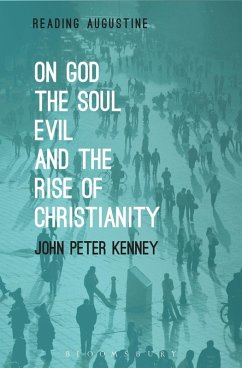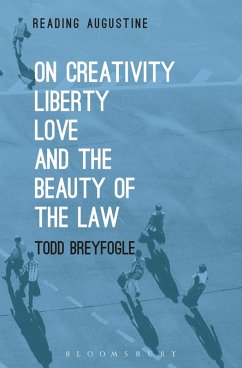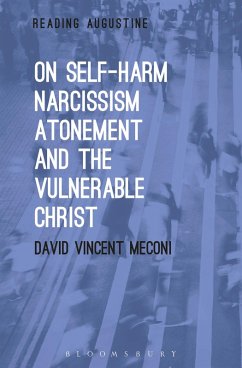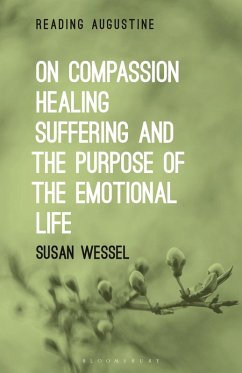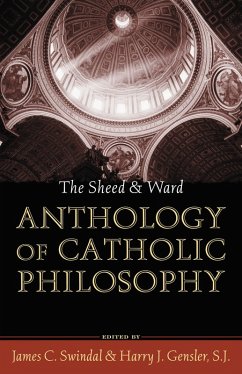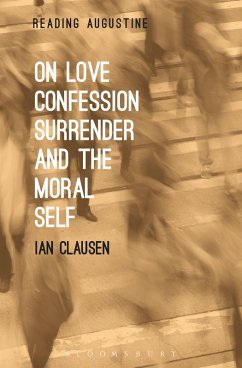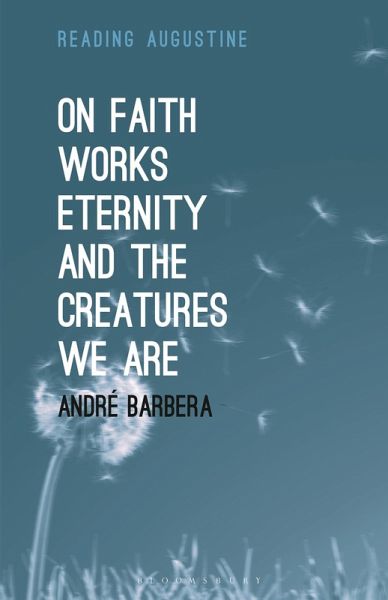
On Faith, Works, Eternity and the Creatures We Are (eBook, ePUB)

PAYBACK Punkte
10 °P sammeln!
In this volume André Barbera considers the question of faith, how an individual may act faithfully, and what good (if any) is faithful action. Drawing on the letters of the Apostle Paul and the work of philosophical thinkers such as Søren Kierkegaard, Barbera explores numerous aspects of faithful living, from religion, original sin, and tests of faith, to the power of prayer, and even the concept of atheism.In particular, Barbera formulates a postulate drawn from Augustine's Confessions: God is not bound by time. The person of faith, however, is enslaved by time. Augustine's expression "fait...
In this volume André Barbera considers the question of faith, how an individual may act faithfully, and what good (if any) is faithful action. Drawing on the letters of the Apostle Paul and the work of philosophical thinkers such as Søren Kierkegaard, Barbera explores numerous aspects of faithful living, from religion, original sin, and tests of faith, to the power of prayer, and even the concept of atheism.
In particular, Barbera formulates a postulate drawn from Augustine's Confessions: God is not bound by time. The person of faith, however, is enslaved by time. Augustine's expression "faith seeking understanding" stakes the claim," but the mode of faith and the end of faith are inherently contradictory. The faithful person waits in pursuit, choking. Works, the anxiety of faith, ensue.
Barbera concludes that the person of faith engages in endless trial, struggle, and contradiction, but in so doing attempts to produce a meaningful life.
In particular, Barbera formulates a postulate drawn from Augustine's Confessions: God is not bound by time. The person of faith, however, is enslaved by time. Augustine's expression "faith seeking understanding" stakes the claim," but the mode of faith and the end of faith are inherently contradictory. The faithful person waits in pursuit, choking. Works, the anxiety of faith, ensue.
Barbera concludes that the person of faith engages in endless trial, struggle, and contradiction, but in so doing attempts to produce a meaningful life.




